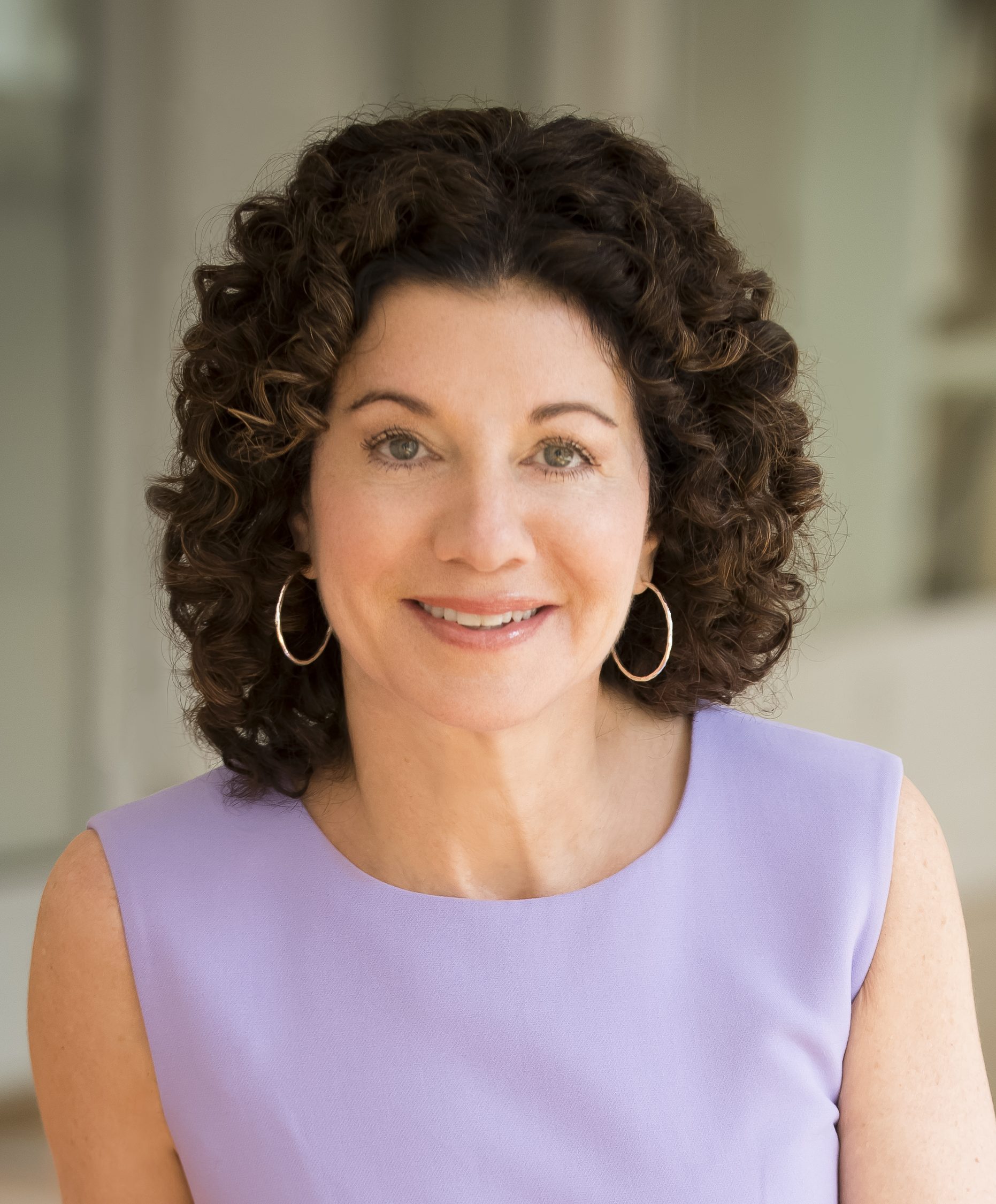The World Health Organization recently formalized the diagnosis of “Burn Out,” something that has been a growing factor for numerous people at work causing suffering and decreased productivity. I am frequently asked how to either treat burn out or how to prevent it in the first place. While anyone can struggle with burn out, particularly if they are chronically overtaxed, I would have to say that one of the most impactful factors when it comes to burn out is the degree of meaningfulness a person feels about their work.
This is not to say that some work is meaningful and some is not, I am speaking of the way that the working person perceives their work. There are multiple aspects of work that can create meaning. First is whether your work fulfills any aspect of your most valued interests, passions, goals and value system. If your job touches on improving or developing an area you have a particular affinity for and interest in or sits high on a list of subject matter you find compelling then it is likely this transfers meaning to your work. When trying to think about what kind of job you would find meaningful, I suggest making a list of your top interests or priorities in life and pursue employment that in some way serves one or more areas.
Another important method of perceiving meaning in your work is to answer the question “who is this work helping?” Helping others is a huge ingredient of experiencing meaningfulness in working. The answer may lie in a directly helping profession such as medicine, police, fire firefighters, and the like. It may be that your work in some way helps the environment or a community of people in need. A job may be helping the day-to-day customer, your colleagues at work or otherwise contributing to the betterment of individuals or other living creatures. The point is to identify ways that your work helps and to think about ways to inject more of this into your work, to enhance the meaningful experience behind the day to day grind.
Lastly, but far from least, is a focus on your work relationships. Coworkers are your work community, your colleagues and hopefully at least some of them your friends. People who feel a connection to and responsibility to those they work with experience more happiness and meaning at work. Feeling supported and cared for, as well as giving back to others in a work relationship, creates a comfort, a pleasure, a trust and a kind of intimacy at work that generally makes being there more desirable and less stressful. Moreover, feeling a comradery with co-workers, that you are in it together, have each others’ backs and are better together on your mission creates a more meaningful experience of work.
Viktor Frankl famously said, “Those who have a ‘why’ to live, can bear with almost any ‘how'” and this is especially true for work.

